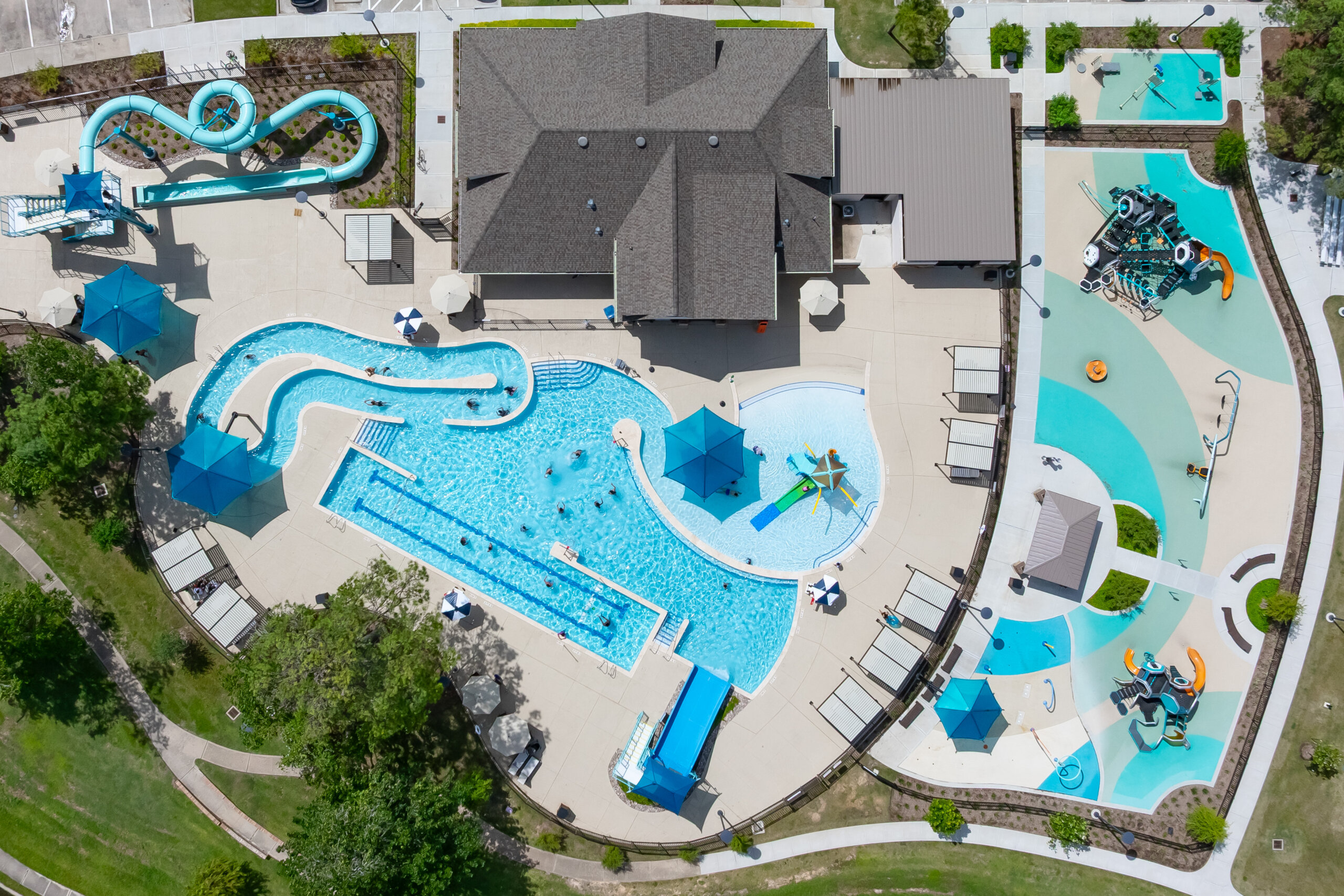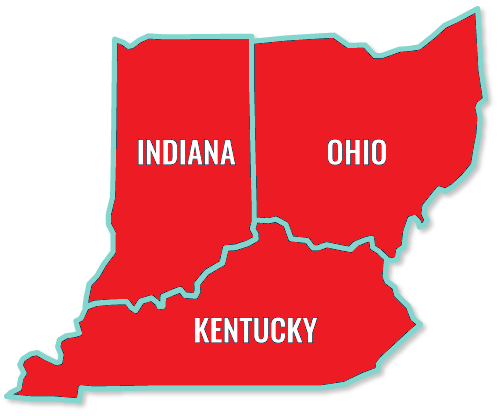Community Pool Management: Enhancing Value, Safety & Engagement in HOAs and COAs
Introduction
Community pools are more than just cooling-off spots—they’re community cornerstones that can elevate property appeal, enhance resident satisfaction, and foster neighborly connections. For HOA and COA boards, managing these assets strategically can turn a typical amenity into a signature feature that genuinely differentiates your community.
1. Boosting Property Value & Resident Appeal
Well-maintained amenities signal neighborhood pride and can help increase home values. Studies show that homes within managed associations often command a premium—on average 4% more—thanks in part to quality amenities like pools. Additionally, a clean, inviting pool can be a strong selling point for new residents and a source of daily delight for existing homeowners.
2. Ensuring Safety & Mitigating Liability
The cornerstone of pool management is safety. Boards should adhere to these guidelines:
- Install protective measures like self-closing gates, secure fencing, and compliant drain covers (e.g., under VGB Act).
- Post visible signage with rules—no running, no diving, no glass, no swimming during storms—to reduce accident risks.
- Equip the area with emergency tools—like life rings, reaching poles, and first-aid kits.
- Avoid discriminatory rules, such as age-based restrictions on unsupervised children, as these may conflict with Fair Housing prohibitions.
3. Proactive Maintenance & Regulatory Compliance
A dependable pool hinges on diligent care:
- Routine upkeep—daily skimming, regular vacuuming, filter checks, and twice-weekly chemical tests—prevents health risks and preserves equipment lifespans.
- Seasonal preparation & closure—shutdown procedures at summer’s end help prevent damage and ease reopening preparations.
- Stay current with local/state regulations—from ADA accessibility to regional safety codes—to stay compliant and avoid fines.
4. Clear Rules & Engagement Strategies
Successful pool governance requires clarity and fairness:
- Develop transparent, fair rules, and communicate through signage, emails, newsletters, and the HOA portal.
- Apply rules consistently—train staff or volunteers to enforce guidelines and handle violations uniformly.
- Foster community ownership—host pool cleanup events, poolside decorating contests, or seasonal gatherings to build pride and keep the pool top of mind.
5. Smart Budgeting & Cost Transparency
Pools can deliver lasting benefits—but they require financial foresight:
- Budget for all costs—cover maintenance, staffing, chemistry, repairs, insurance, and compliance upgrades.
- Be transparent with homeowners about necessary fees and where funds go—it builds trust and smoother approval for upgrades.
- Plan and allocate reserves to handle unexpected repairs or equipment needs before spring arrives.
6. Consider Professional Support
Managing a pool is demanding and detail-heavy. For many communities, partnering with a specialized management company ensures expert oversight—especially for maintenance, compliance, staffing, and risk mitigation.
Conclusion
For boards charting the course of their communities, prioritizing Community Pool Management: Enhancing Value, Safety & Engagement means investing in both aesthetics and utility. When managed wisely, your pool can become a beloved asset—one that reflects Vertex Professional Group’s commitment to excellence in HOA and COA management.
Let Vertex be your dependable partner—so your board can deliver refreshing experiences, safeguard residents, and drive property value all summer long (and beyond).


